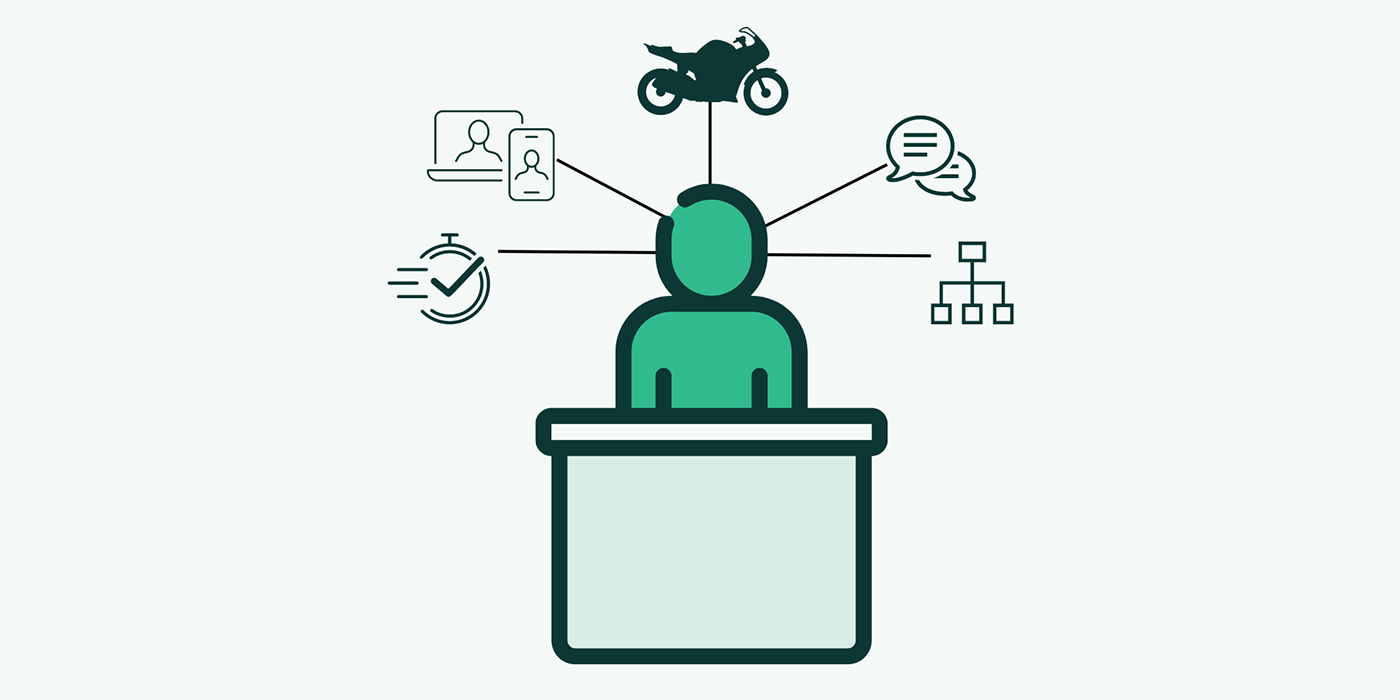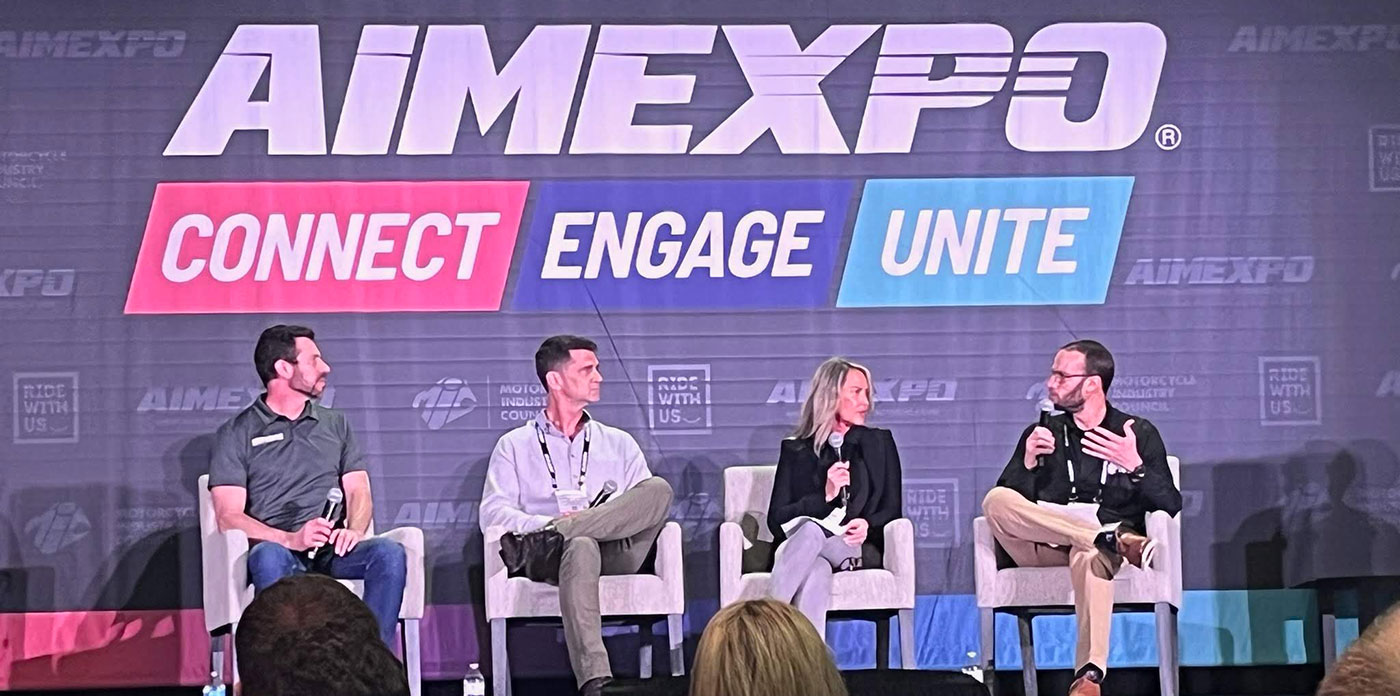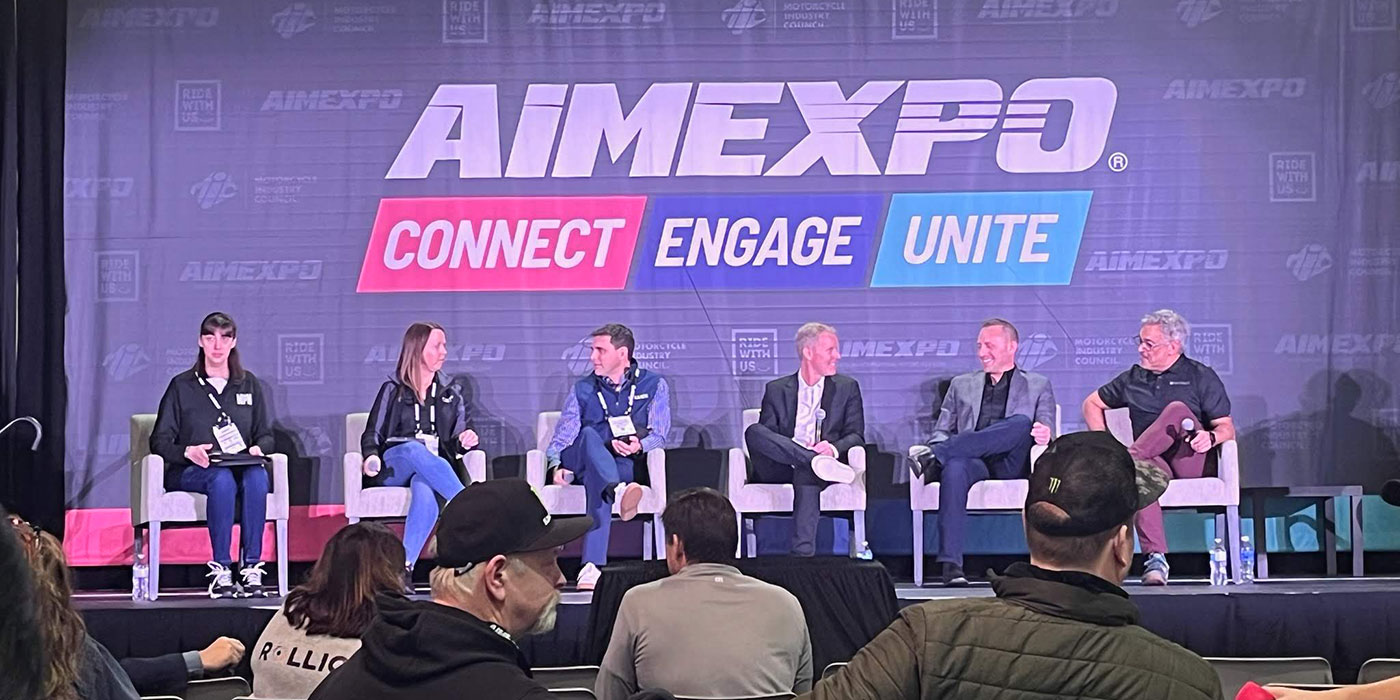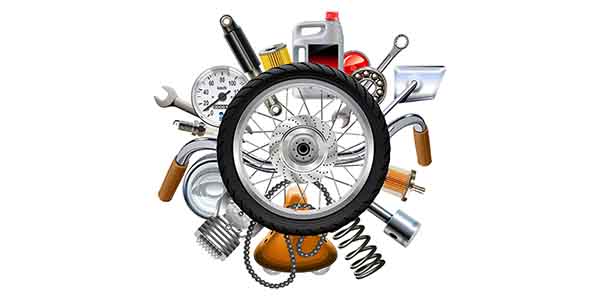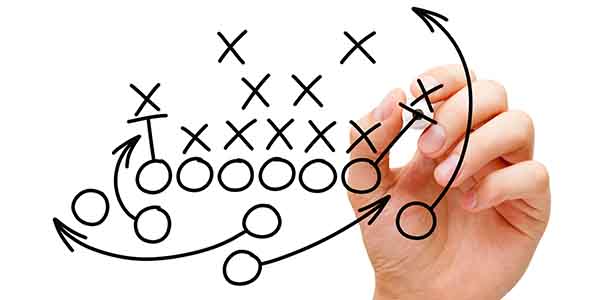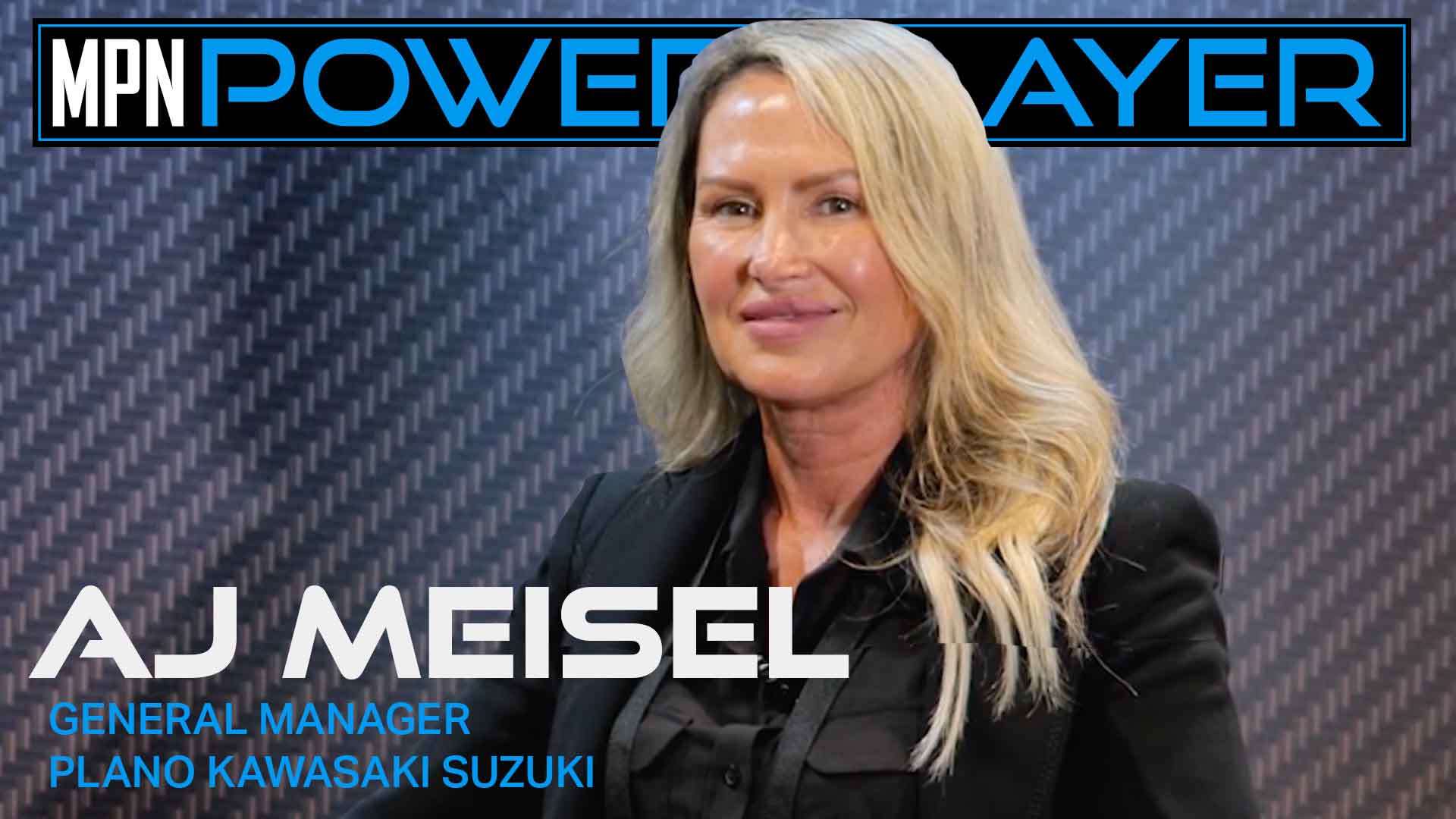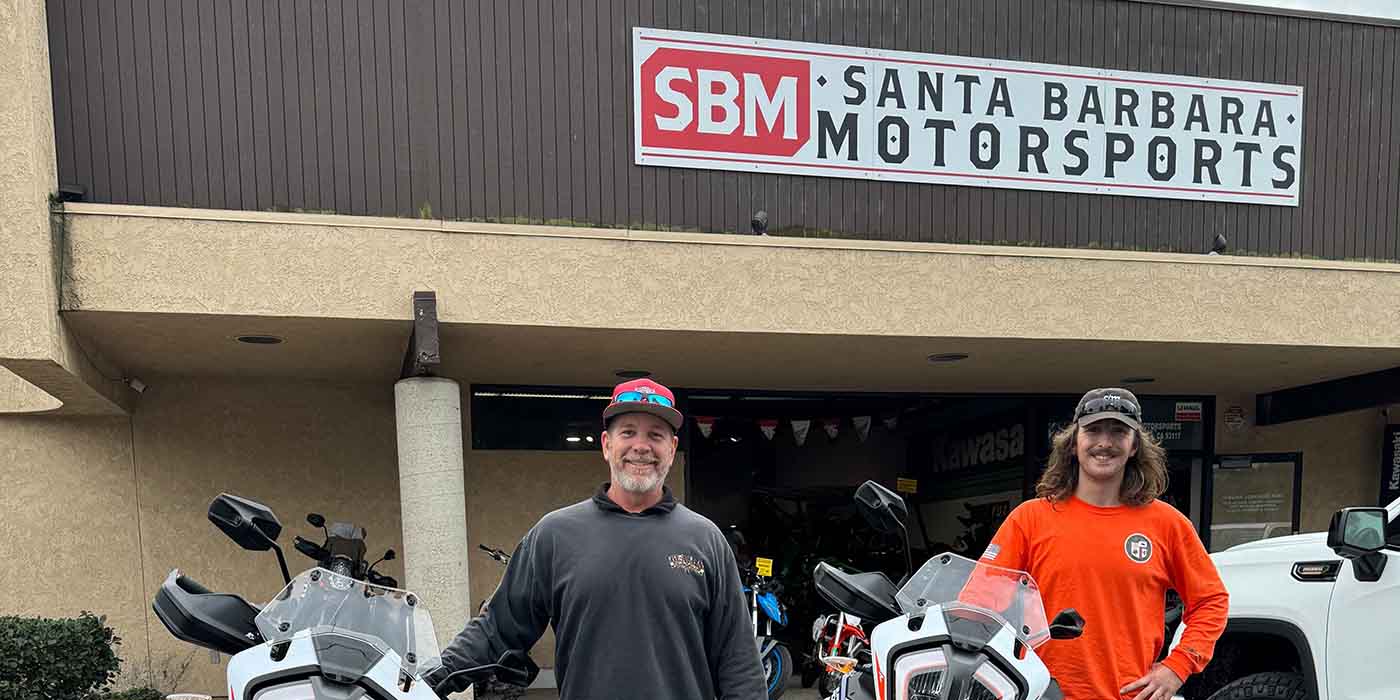When you say the word "persuasion," it conjures up some images of a person using underhanded or manipulative methods to get what they want. But it doesn’t have to be that way. As a matter of fact,the world’s most quoted authority on the study of human persuasion, Dr. Robert Cialdini, says when it comes to persuasion people fall into one of three categories.
Bunglers don’t recognize persuasion opportunities and ‘bungle’ them away. This is a person who is nice enough but will never realize their true potential for themselves and others because they aren’t cognizant of the possibilities.
Smugglers recognize and utilize persuasion in an underhanded manner. This is the stereotypical used car salesperson who may say and do things only because they feel it will give them the upper hand. Oh, these tactics will work in the short-term, but you won’t build a career out of them.
Sleuths recognize when persuasion opportunities present themselves and openly and honestly use them to better themselves and the people they are working with.
People may naturally fall into these three stereotypes, but are there really ways to increase a person’s persuasiveness? Cialdini says yes. In nature there are standard sequences of behavior called fixed-action patterns. These are set in motion often by a single piece of information.
Did you know that mother turkeys will only take care of their young chicks if they make a particular sound? What starts this fixed-action maternal behavior? When a small turkey chick emits a "cheep, cheep" sound, the mother hen knows that they are healthy and likely to survive. Certainly, you’re thinking humans are more advanced than turkeys … well, think again.
When Chivas Regal wanted to stimulate their sales of Scotch whisky, what did they do? They didn’t change their formula. They didn’t change their packaging. What did they change? The price — they made it more expensive, and it started to fly off the shelves.
Why? Because humans have fixed behavior patterns as well, and we can sometimes predict them using heuristics, or judgemental shortcuts; heuristics are "rules of thumb." So the Chivas Regal marketing folks made a rule of thumb assumption that humans often equate quality with a high price.
Cialdini organized his findings into six principles of persuasion. If sales people and managers understand them and recognize when situations naturally reveal themselves, they can be dramatically more successful and do so with integrity, that is, unlike a used car salesman.
Six Principles of Persuasion
1. Reciprocity: People want to repay in kind. A Brigham Young University professor did an interesting study back in the ’70s. He mailed Christmas cards to people he didn’t know. The professor wanted to see if the principle of reciprocity would drive them to send cards in return. He knew he would get some, but he was ill-prepared for the flood of cards he received. The professor knew the principle of reciprocity was alive and well.
There is not one human society that doesn’t teach its people the principle of reciprocity. It is the single biggest way for societies to advance. If I do something nice for you, the rule of reciprocity states you will want to return the favor. It makes the world a better place, doesn’t it? Imagine if it were the other way around!
2. Scarcity: People want more of what they can have less of. When the Coca Cola Company was going to replace Classic Coke with New Coke, people were in upheaval demanding it not be done, or that the company release the formula for Classic Coke. In 2000 when GM announced it was going to discontinue the Oldsmobile brand, those cars beat all sales forecasts. When The Eagles announced they would do just one more tour, tickets sold out almost instantly and at record prices. Why? It’s the principle of scarcity.
3. Social Proof: We follow the similar lead of others. Hey, all the kids are doing it. Yes, well this is a powerful driver of human behavior. And it has two dominant conditions: uncertainty and similarity. When we are uncertain we look toward the actions of others. And if we see someone similar to us participating in a particular activity, we have a tendency to follow their lead.
Who understands this? Colleen Szot, infomercial copy writer extraordinaire, that’s who. She’s the one who created those Nordic Track ski machine commercials, which some said were selling at a rate of 240,000 units per month. How did Colleen Szot leverage social proof? In the call to action line where most say, "Operators are waiting — please call now," she said, "If operators are busy, please call again." See the difference? All the kids are already doing it, so call back later!
4. Authority: Show what you know because people defer to experts. If you’re old enough, you might remember Robert Young, who played Marcus Welby in the ’70s TV show "Marcus Welby, M.D." His image as a doctor was so strong that he was used for what may be the longest running series of television spots promoting the healthful benefits of drinking Sanka brand coffee. Even though he wasn’t a medical doctor (a fact he reiterated in the coffee commercials), consumers still associated him with a medical authority, so they bought more Sanka coffee.
I’m not suggesting you lie about your expertise, but I encourage you to allow your legitimate expertise and authority to shine through — people will defer to your suggestions.
5. Consistency: We want our public statements to remain consistent. What do you call a person who says one thing and does another? Hypocrite. Liar. Flip flopper. Politician. Teenager. Most people strive to be consistent with their publicly stated beliefs, ideas and commitments.
In an interesting experiment, a beach-goer spread out his blanket, cooler and boom box. He laid for a bit and then went for a walk down the beach. Then a co-conspirator came and made it appear that he was stealing the boom box. No one stopped the thief or said anything. They repeated this experiment 20 times with the same result.
The scientists then moved down the beach to replicate the experiment, but with one exception. This time, before the person went for his walk, he turned to his fellow beachgoers and asked, "I’d like to go for a walk, would you watch my stuff?" To which people quickly agreed. The result? Nineteen out of twenty times the fellow beachgoers intervened and stopped the would-be thief. Why did so many people help? Because they said they would.
6. Liking: We like those who like us and are like us. We will often spend more time with someone and feel better about them when we like them; this is the resoning behind celebrity endorsements, but it’s also represented in an experiment. When ASU’s football team won, fans would respond with "We won!" when queried about game’s result. When ASU lost, fans said, "They lost." It’s very telling language, and it basically means we associate with what we like.
Many studies have been done that show people will actually stand physically closer to those who share political affiliations, hometowns, or even habits, like smoking. Want to influence more people? Find true and legitimate similarities.
Persuasion comes in many forms. Next time we’ll cover 15 ways to dramatically increase your powers of persuasion.

